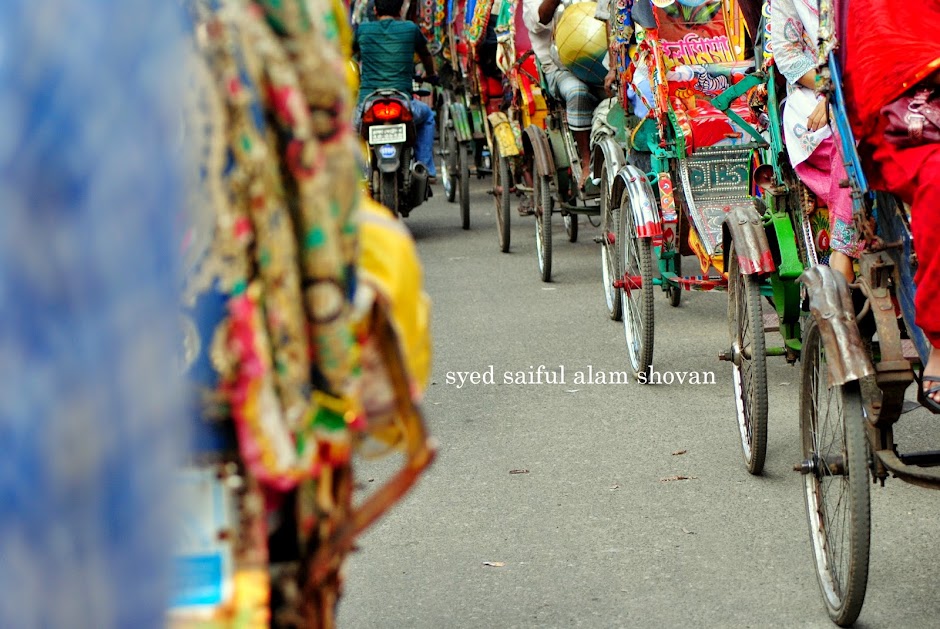Are private cars the ideal transport?
Let us return to the private car. Whatever convenience and comfort it provides comes at various costs. Cars are the main source of pollutants worldwide. There is no such thing as a clean car; cars just vary in the amount they pollute. Despite increasingly stringent emissions control standards over the decades in the US, cars pollute more than they used to—because people are driving farther.
It is difficult for us to appreciate just how much cars pollute. The air in Dhaka City, after all, improved dramatically after the banning of two-stroke baby taxis, and again with the introduction of unleaded fuel. However, this is by no means an indication that the air in Dhaka is clean. Any trip to the countryside is a reminder of the pleasure of breathing clean air. Even in Dhaka, if we wake up early and take a walk, we can experience a bit of the pleasure of fresh air; as each car passes, we can also understand just how much each car pollutes the air. As the streets fill with cars, the pollution rises. On hartal days, despite large numbers of people moving about the city, the air is fresh and the city (violence aside) is quiet. Cars—and the wide paved roads needed to accommodate them—also emit a great deal of heat, making Dhaka even more insufferable in the many hot months.
Cars also are the main cause of noise pollution. A full 97% of students in Dhaka in a survey on noise pollution said that their studying is disrupted by car horns; 96% of the general public interviewed mentioned car horns as the main cause of noise pollution in Dhaka. When rickshaws were on strike in October 2004, there were no rickshaws on the streets, yet the streets were as noisy as ever.
We would argue that since cars only transport roughly 10-20% of travelers, they should only have access to 10-20% of road space, for moving and parking—and should respect the rest of users, as well as the right to some peace and quiet of all the people working and living next to roads.
Presumably one component of civilization is respecting the rights of others. The attitude of drivers—who represent the wealthiest portion of society—that they alone should have full access to roads—is anti-democratic, anti-civilization, and disturbingly elitist. A society in which people fail to respect the rights of others, and in which the rich believe they should have special privileges on the roads as well as in every other aspect of life, is a society destined to fall into crime, selfishness, viciousness, and lack of the neighborly friendliness that allows people to live comfortably together.
[
www.dhaka-rickshaw.blogspot.com/ Dhaka Rickshaw
www.dhaka-transport.blogspot.com/ Pro-people Transport Plan www.dhakanewspapers.blogspot.com/ All Newspapers on one click
Syed Saiful Alam
shovan1209 [at] yahoo.com

No comments:
Post a Comment